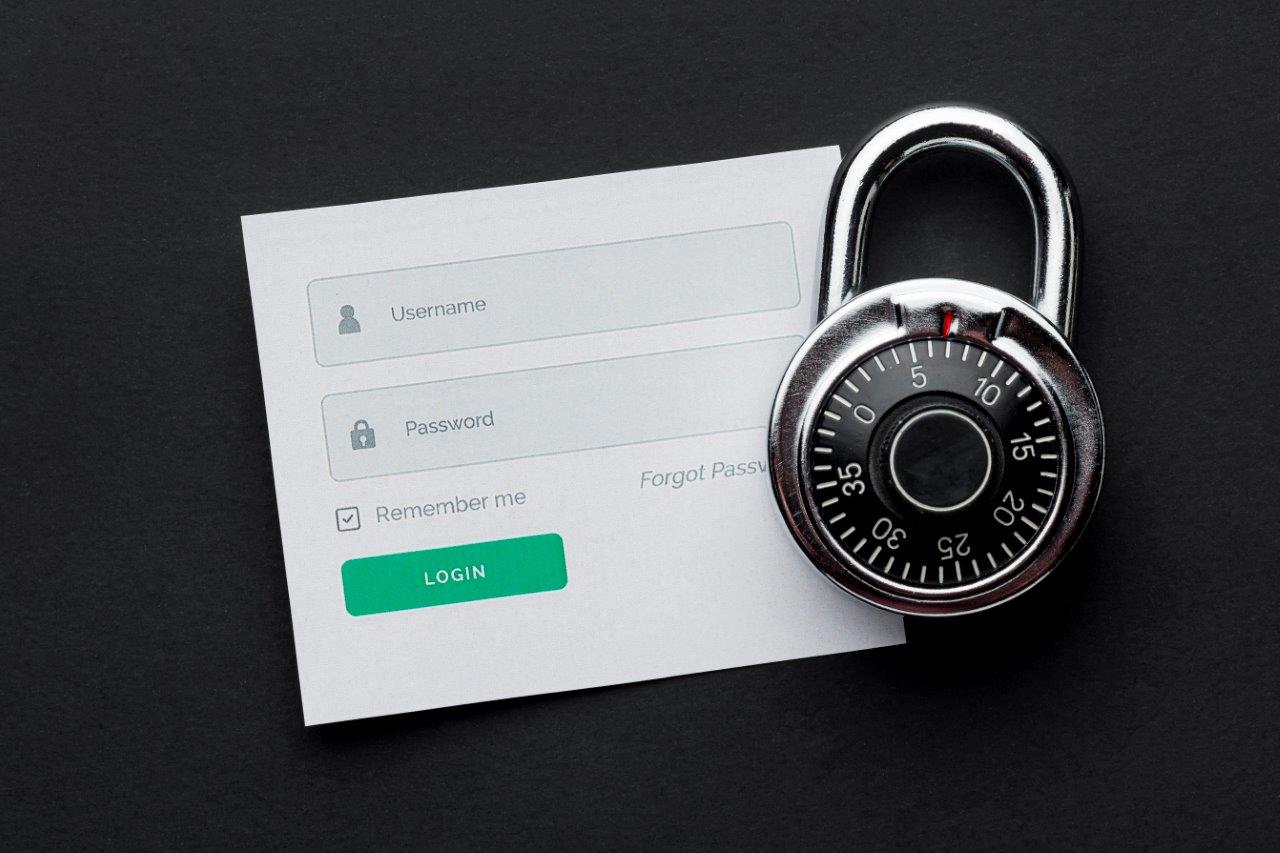
15 Jul 6 Cybersecurity Tips for Remote Working
What are some cybersecurity tips for remote working?
- Use a password manager
- Create strong passwords
- Avoid using public Wi-Fi
- Constantly update your computer
- Encrypt confidential emails
- Consider using a VPN
In navigating the new normal, people have already begun adopting different working arrangements such as working from home or working remotely. Knowing this, it’s now more important than ever to secure oneself by knowing the proper cybersecurity tips for remote working.
When working from home, people can invariably become more careless in maintaining their cybersecurity protection. But this is actually the kind of situation that begs you to adopt enhanced cybersecurity techniques. Continue reading to learn more.
Use a password manager

A password manager secures protection on your computer, email, or even social media accounts. This is especially useful if you have a habit of constantly forgetting passwords, or misplacing them.
A password manager basically acts as a vault to protect codes that you most frequently access. Apart from this, it’s also capable of providing you with randomly-generated code combinations that you can use when you’re making a new account. It also offers time-saving options for you, such as automatically filling out login information.
It’s not surprising that you’ll have the habit of utilizing one password for most, if not all of your accounts. This is not ideal because of the ever-growing threat coming from cybersecurity attacks that can easily target weak spots.
Create strong passwords
Another effective method to improve your remote working cybersecurity is through creating strong passwords. You might also be guilty of sticking to easy-to-remember passwords with many of your accounts. While this is a convenient method of easily remembering your login credentials, they are also subsequently more vulnerable to malicious cybersecurity attacks.
When you’re creating a new account, you may notice that some of them won’t allow you to progress until you have created a password that meets their criteria — always have this in mind, as a guide for you in creating leak-free passwords. To provide another example, it’s a good habit to make your passwords as long as possible and to incorporate a combination of uppercase and lowercase letters, symbols, as well as numbers.
A tip you can use is to create a nonsensical phrase to act as your password. If you’re worried about forgetting it, play around with the arrangement, the next time you’ll use the same phrase as a password for new accounts.
Avoid using public Wi-Fi
As establishments begin reopening, you might also begin visiting your favorite coffee shops which can also serve as relaxing places for you to work. Let me tell you now that this is probably one of the least safe places to do this kind of activity — even more so, as you’re using public Wi-Fi hotspots.
There are many hidden dangers when it comes to public internet access. You don’t know who set up the Wi-Fi. If it’s not secured by login credentials, then it can easily be accessed by anyone who is also on the same network.
Fortunately, you can still protect yourself even if you’re working outdoors and this is through the use of your own personal Wi-Fi hotspot. You’ll be more confident as you work because of the knowledge that you’re not sharing the network with anyone else. Add another layer of protection to your hotspot by securing it with a strong passkey that won’t easily be compromised.
Constantly update your computer

It’s a common experience for people to constantly put off software updates. After all, they can become a disturbance, especially when you’re working on an important work-related task that has to be finished as soon as possible. But staying on top of your software updates is one of the simplest ways to protect yourself from the most common cybersecurity attacks.
Software updates offer security fixes that are specialized for your computer alone. Some updates are also present to improve the stability and performance of your computer.
Encrypt confidential emails
Emails will be some of the most common forms of correspondence that you will have between your coworkers, clients, or the executive management of your company. You’d likely want to consider adding a layer of encryption to email exchanges in order to prevent security leaks in the transfer of confidential and sensitive information.
There are many third-party email encryption plugins that you can easily install in your browser. Or you can also simply use built-in encryption techniques provided by your email service provider. Taking advantage of these features allows you to secure any work-related attachments and messages that you send online.
Consider using a VPN
You may have encountered the term VPN, which stands for virtual private network. Though you may have used a VPN provider for purposes of gaining access to websites you haven’t been able to before, they are also capable of offering unprecedented cybersecurity benefits.
A VPN is able to automatically provide encryption to network traffic — this means that your network activity will be protected and will be more secure against surveillance. Aside from this, using a VPN can also hide your IP address and subsequently assign you with a new one. For example, you’ll be more confident in sending out protected data over to your coworkers without the worry of your online activity being monitored.
Key Takeaway
Some of the most effective cybersecurity tips for remote working don’t require you to invest in a lot of financial capital in simply protecting yourself. There are many free online resources and best practices that you can make use of to protect your accounts, network, and electronic devices.
As we continue to live in the new normal, it’s important to redirect focus towards these cybersecurity tips. While the simple list above isn’t necessarily exhaustive — there are still many creative ways for improving the status of your cybersecurity — it’s hoped to have provided you with a good starting point.

